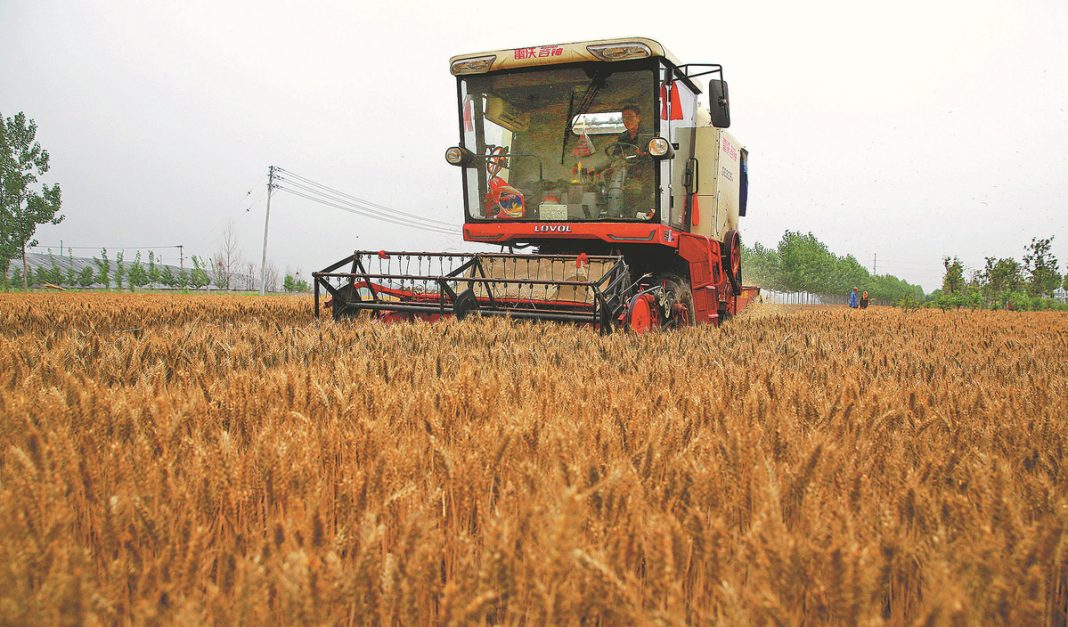ISLAMABAD: Pakistan will save $3 billion per annum as soon as it achieves self-sufficiency in wheat and near self-sufficiency in cotton over the next three years, according to data available with WealthPK.
Over the past two years, many steps were taken by the federal and provincial governments to increase agricultural productivity, including the announcement of profitable support price for wheat and profitable intervention price for cotton just a month before the time of sowing. These steps made the market competitive for wheat and cotton producers. However, these efforts were impaired because of the non-availability of high-yielding varieties and good-quality certified seeds.
However, this is changing with the efforts of the Ministry of National Food Security and Research (MNFSR), which is actively working with two Chinese companies in field-testing Bt cotton varieties, and will be introducing them in Pakistan.
Similarly, through the introduction of the policy of regulatory duty on palm oil, Pakistan will attain 25-30% import substitution of palm oil within the next three years. This policy of the government will enable the palm oil producers to earn $500 million to $1.5 billion annually from selling in the home market.
Import substitution has been central to the policies of the federal government to increase the industrial and agricultural base of the country. The government has also initiated the policies of buy-back arrangement and profitable support price for pulses, which will save $250-300 million a year, representing 25-30% of the total import of pulses.
Over the past many years, the share of credit to farmers with small holdings or no-holdings at all was less than half of the total formal credit to the agriculture sector. This made it difficult for the small farmers, who were responsible for tilling more than half of the agricultural land and producing 80% of agricultural items, to get access to easy loans for investment.
This is also changing as the MNFSR has evolved a new model of extending credit to the smallholders and no-holders without the condition of collateral.
These initiatives of the government are going to turbo-charge the agricultural productivity of small farmers and no-holders, and they will be able to help the country in achieving productive parity with international suppliers.
In the next five-year window, Pakistan has the capacity to be able to meet its food requirements from its own domestic production, and its reliance on international suppliers will get to the minimum. In the process, a lot of precious foreign exchange will be saved by the country, and the perennial problems of debt servicing and forex liquidity will start to move towards their resolution.
However, Pakistan will need all the help it can get from its international partners like China in introducing modern best practices, and using the high-productivity hybrid seeds, fertilisers, machines and finishing techniques. –INP





